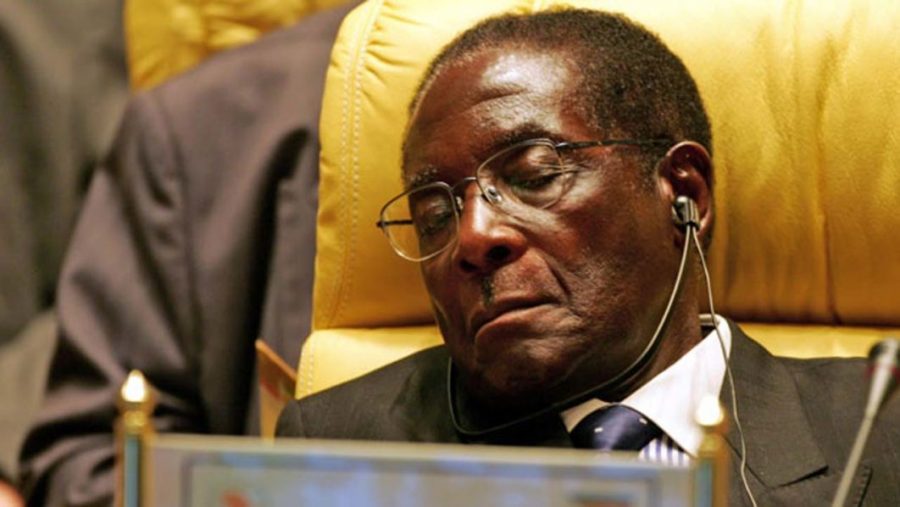Robert Mugabe Resigns as President of Zimbabwe
November 30, 2017
Robert Mugabe had been the president of Zimbabwe ever since it first declared independence in 1980 – and in his own words, he felt as if only God could remove him from his role as president. Mugabe ruled brutally and has had many controversies surrounding him – he was even slightly racist towards the white population of Zimbabwe and was supportive of black farmers seizing land from the whites without their consent. Zimbabwe’s population, who had once seen Mugabe as a hero due to leading their country to independence, had been losing their faith in Mugabe since the mid-1990s. So, why did Mugabe continue to be president, then? He had his heart set on retaining his rule of the country for as long as possible and would even take drastic measures, such as alleged violence and corruption, to ensure that he stays in office for as long as possible.
After firing his vice-president due to his favor of his wife over him, a military and security elite took Mugabe into custody which caused him to resign. The Zimbabweans rejoiced as Mugabe resigned – some say it was the best thing to ever happen to Zimbabwe. Their days of being afraid of their own president were finally over, and the city of Harare was alive with the sounds of singing and cheering. This end of Mugabe’s rule had been unthinkable – until now. Mugabe was actually impeached, as he was charged with violating the constitution of Zimbabwe by using his wife to usurp power and being too old, as he was 93 when he resigned.
Mugabe’s former vice-president, Emmerson Mnangagwa, took over the role of president when Mugabe resigned. He is expected to form a cabinet soon. There have been some slight controversies surrounding Mnangagwa as well, though; he helped lead an “ethnic cleansing” in the 1980s where thousands of Zimbabweans of the Ndebele ethnic group were killed, and many claims have been made stating that he helped out Mugabe with his tyrannical acts of repression. Mnangagwa vows to reimburse farmers who had their land stolen without consent and will rule with the promise of democracy, as he reached out to foreign countries to help the struggling Zimbabwe. He also promises “fair and free” elections, to tackle corruption, and to make jobs and efforts to attract foreign investors.












